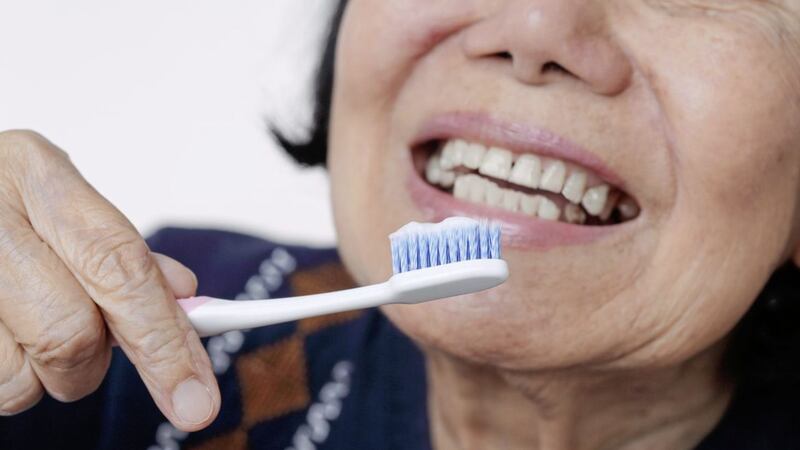WITH dementia on the increase, dentists are seeing more people whose oral health is deteriorating more rapidly and it’s highlighting the need to overcome specific challenges faced at their dental appointments.
Globally, the numbers of people living with dementia will increase from 50 million in 2018 to 152 million in 2050, a 204 per cent increase.
The word ‘dementia’ describes a set of symptoms that may include memory loss and difficulties with thinking, problem-solving or language. Dementia is caused when the brain is damaged by diseases, such as Alzheimer’s disease or a series of strokes.
Alzheimer’s disease is the most common cause of dementia, but not the only one.
Early dementia may mean slight forgetfulness that can impact on making and keeping dental appointments. Then, when at the appointment it can be difficult for people to understand and retain the information.
If you are beginning to recognise forgetfulness in your loved one, it can be massively helpful to accompany them to their dental appointment and, when appropriate, go into the treatment room so that you can understand what is happening.
Let the dental team know if you feel there’s a memory issue and pass on any relevant information as it is more difficult for people outside the family to assess this.
People with dementia become more prone to dental disease as not only does physically cleaning the teeth become harder, people are also often taking multiple medications that can cause a dry mouth or vomiting which in turn leads to more decay and gum disease. A dry mouth makes it more difficult to eat, swallow and produce saliva, and causes tongue irritation.
If you are caring for a dementia sufferer, try providing short, simple instructions. Use a “watch me” or “hand-over-hand” technique. Try an electric toothbrush or a brush with a large handle for easier manoeuvring and a water jet to keep the gums and teeth as clean as possible. Toothbrushing can be done over a basin on a table if this is easier and at a time when the person is in the mood for it. Try to keep the diet as low sugar and low processed as possible.
It is critical to maximise the oral health of patients with dementia early in the disease process. Keep up with regular dental visits for as long as possible. A dental care routine is essential for healthy teeth. Ask the dentist for suggestions or items that may help make dental care easier.








